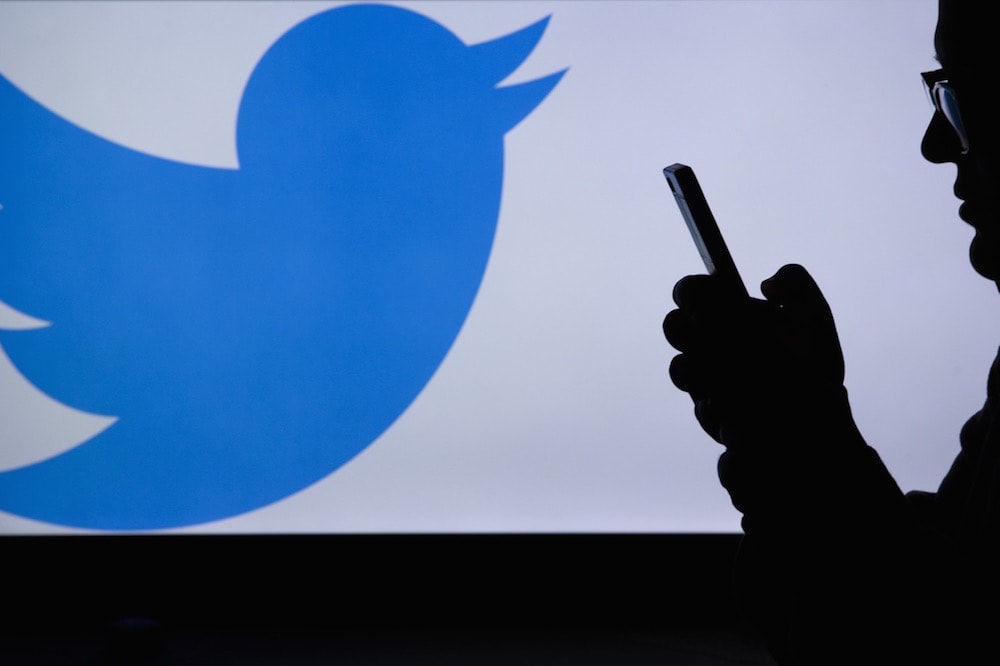"Twitter will still have to comply with numerous laws the company is subject to, both in the US and around the world. Musk's [plans] must place international human rights standards at their centre, or else Twitter will not deliver on the promises its new owner wants set in motion" - ARTICLE 19
This statement was originally published on article19.org on 28 October 2022.
‘The bird is freed,’ Elon Musk announced as he finalised the acquisition of Twitter on 27 October. But despite Musk’s intentions, Twitter will still have to comply with numerous laws the company is subject to, both in the United States and around the world. Musk’s ambitions for free speech online are impressive, but they must place international human rights standards at their centre, or else Twitter will not deliver on the promises its new owner wants set in motion.
Elon Musk will have to consider the following when setting out his ambitious new plans for Twitter, and for the future of free expression online:
- Twitter already has to comply with relevant legislation in the countries where it operates. Some of this legislation is changing. For instance, in the European Union, Twitter will soon have to comply with obligations under new the Digital Markets (DMA) and Digital Services Acts (DSA). In particular, the DSA introduces a series of new transparency, accountability and due diligence obligations. Musk will have no choice but to comply with these obligations if he wants Twitter to continue to be used by people in the EU and to avoid hefty fines from regulators.
- Twitter must respect international standards on human rights consistent with the UN Guiding Principles on Business and Human Rights (the UN Guiding Principles). Although Twitter is not a subject of international law per se, the company has human rights responsibilities as a central enabler of freedom of expression online and its prominent position in the internet ecosystem. Twitter must also renew its commitment to the Santa Clara Principles, which lay out a framework for how companies should operate with respect to transparency and accountability in content moderation decisions.
- Twitter must also maintain anonymity/pseudoanonymity, an important element of the right to freedom of expression. Despite problematic content on Twitter, anonymity allows individuals to express themselves without fear of reprisal, and is especially important in those countries where freedom of expression is heavily censored.
- ARTICLE 19 would also welcome moves from Twitter, under its new owner, to further enhance and promote the interoperability of the platform and unbundle two distinct services: hosting content and content moderation. Unbundling could mean that Twitter would still be able to moderate the content on its platforms, but would allow competitors to provide content moderation services.
- ARTICLE 19 urges Musk to provide further unrestricted funding to the company Bluesky, the result of an initiative announced by Twitter in late 2019 to decentralise standards for social media. Bluesky is working on ‘the development of technologies, which enable open and decentralised public conversation’, introducing an interoperable network that means people can communicate across a range of different platforms and not be restricted to a single one.
From the perspective of freedom of expression and democracy itself, it will be unacceptable if Elon Musk alone is able to decide and control what information users are allowed to see, access, and share on the platform. So far, Twitter has undertaken a number of initiatives to ensure engagement with stakeholders. For instance, the Twitter Trust and Safety Council, a group of independent expert organisations from around the world, advises the platform on its policies, products and programs. We therefore urge Musk to ensure that Twitter continues and extends its engagement with its stakeholders to improve the protection of freedom of speech on the platform.



